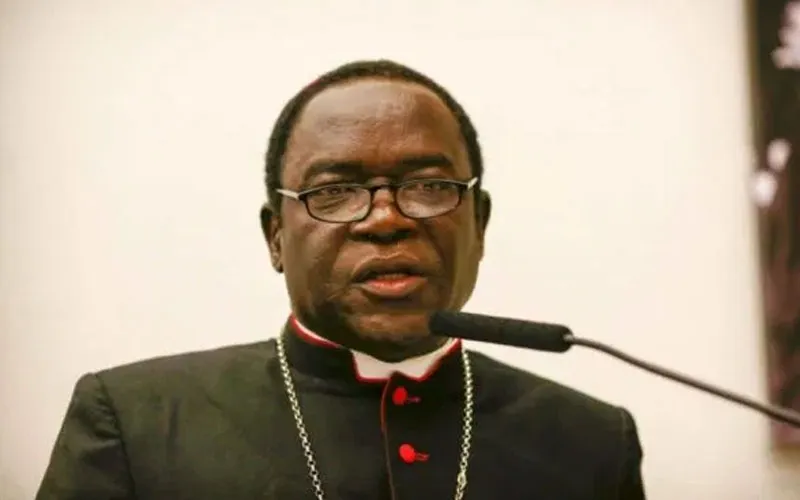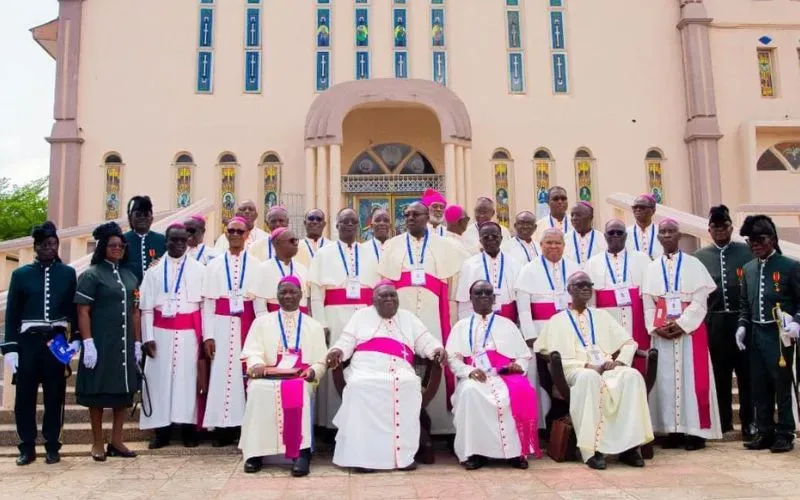Sokoto, 05 July, 2021 / 10:20 am (ACI Africa).
The Bishop of the Catholic Diocese of Sokoto in Nigeria has, at a webinar, emphasized the need for Church leaders in Africa, to be the “the moral compass”, guiding politicians on morality amid fractured politics.
During the virtual session organized by the Sanneh Institute, Bishop Matthew Hassan Kukah observed that African politics is influenced by religion and ethnicity.
“Tempting as it is, and fractured as African politics is, we as a Church must remain as a moral light and guide not because we are superior or have better credentials, but because our call is to serve faithfully,” Bishop Kukah said during the June 30 webinar on “The Church and the State in a Multi-party Democracy.”
He added, “The Church must possess the moral authority to ensure that the moral compass remains stable for politicians across generations and across parties.”
If Church leaders remain faithful to their moral duty, Bishop Kukah said, “Politics will become less cancerous in Africa, transparency and accountability will perhaps be more manageable.”








